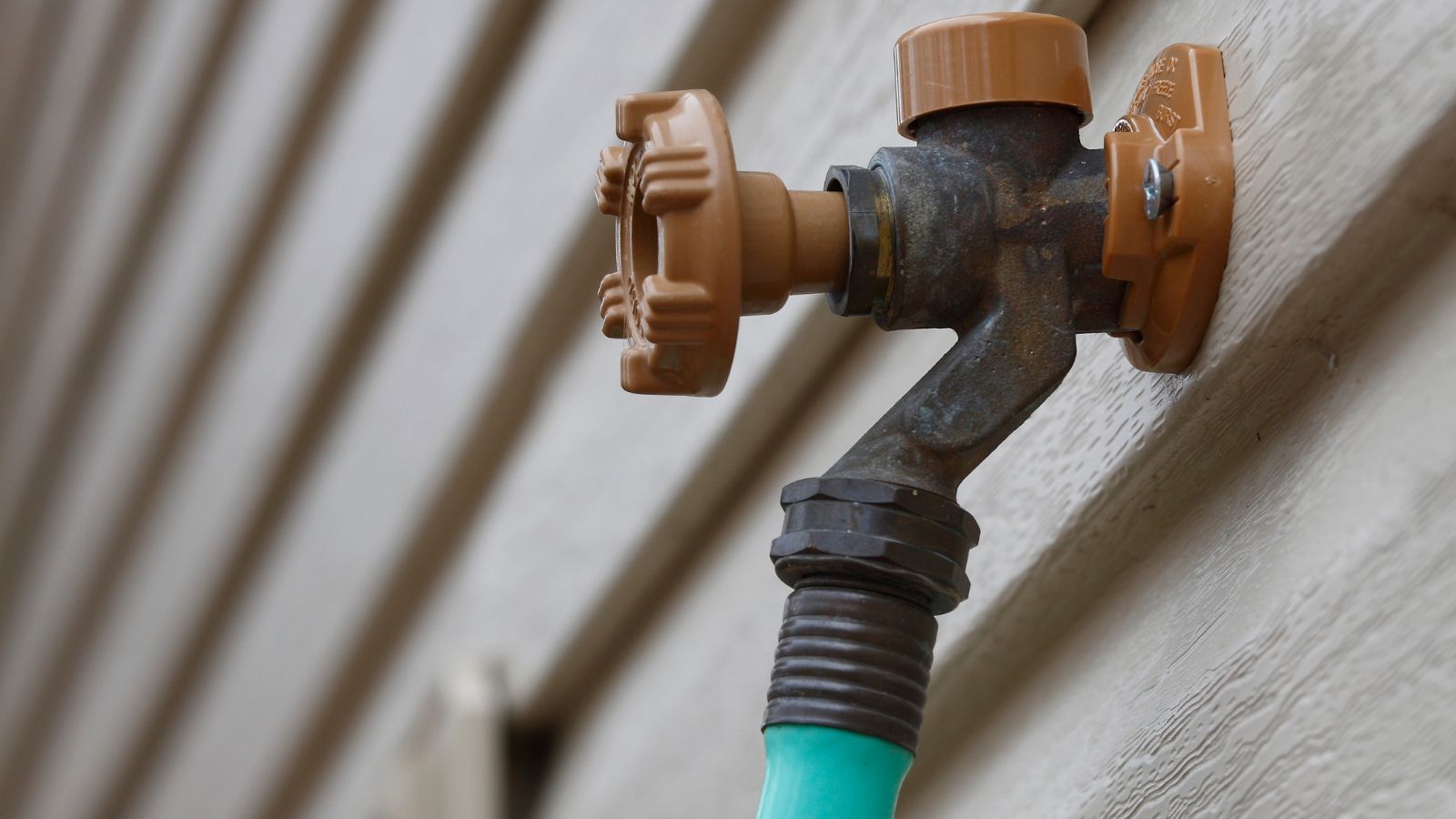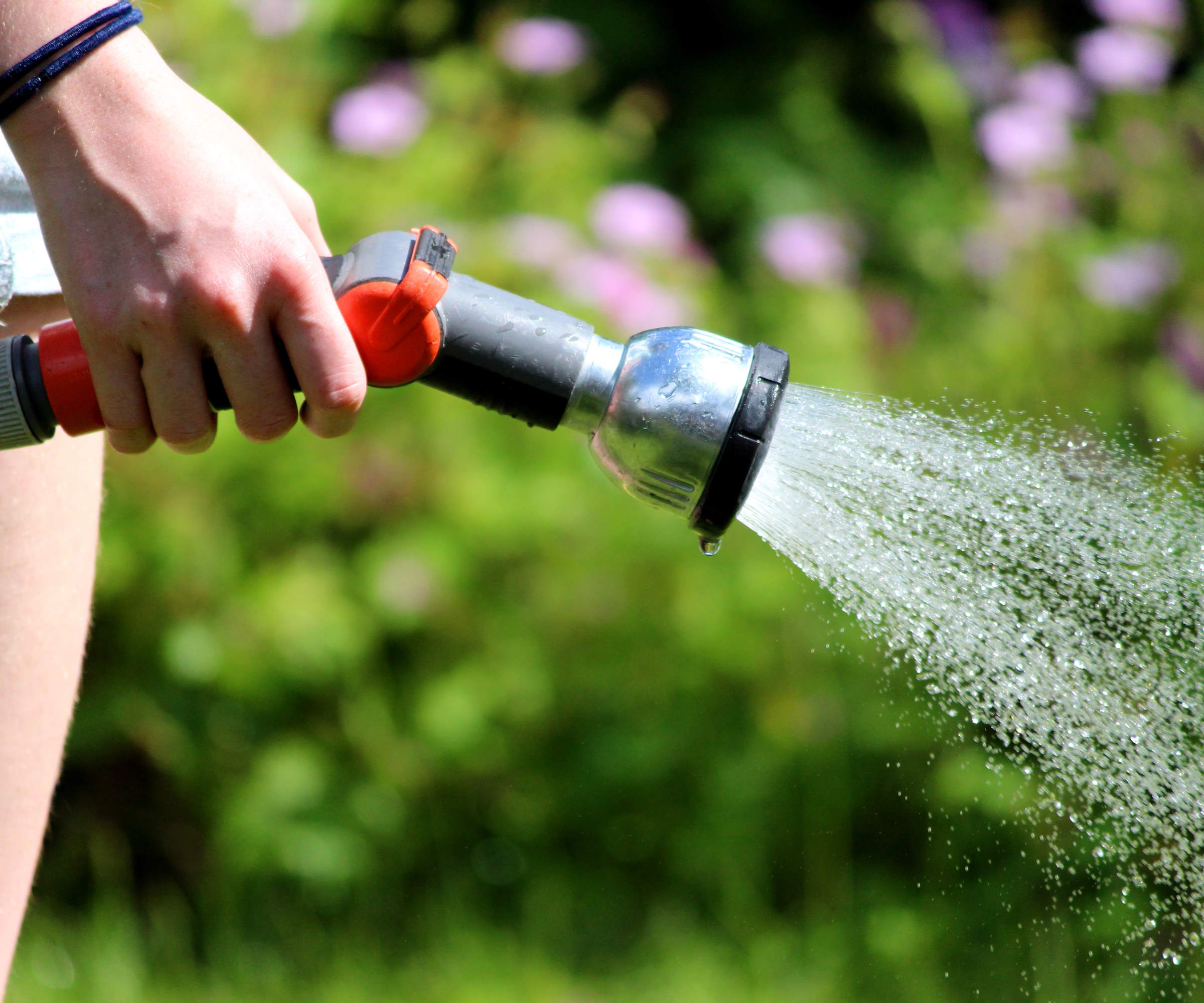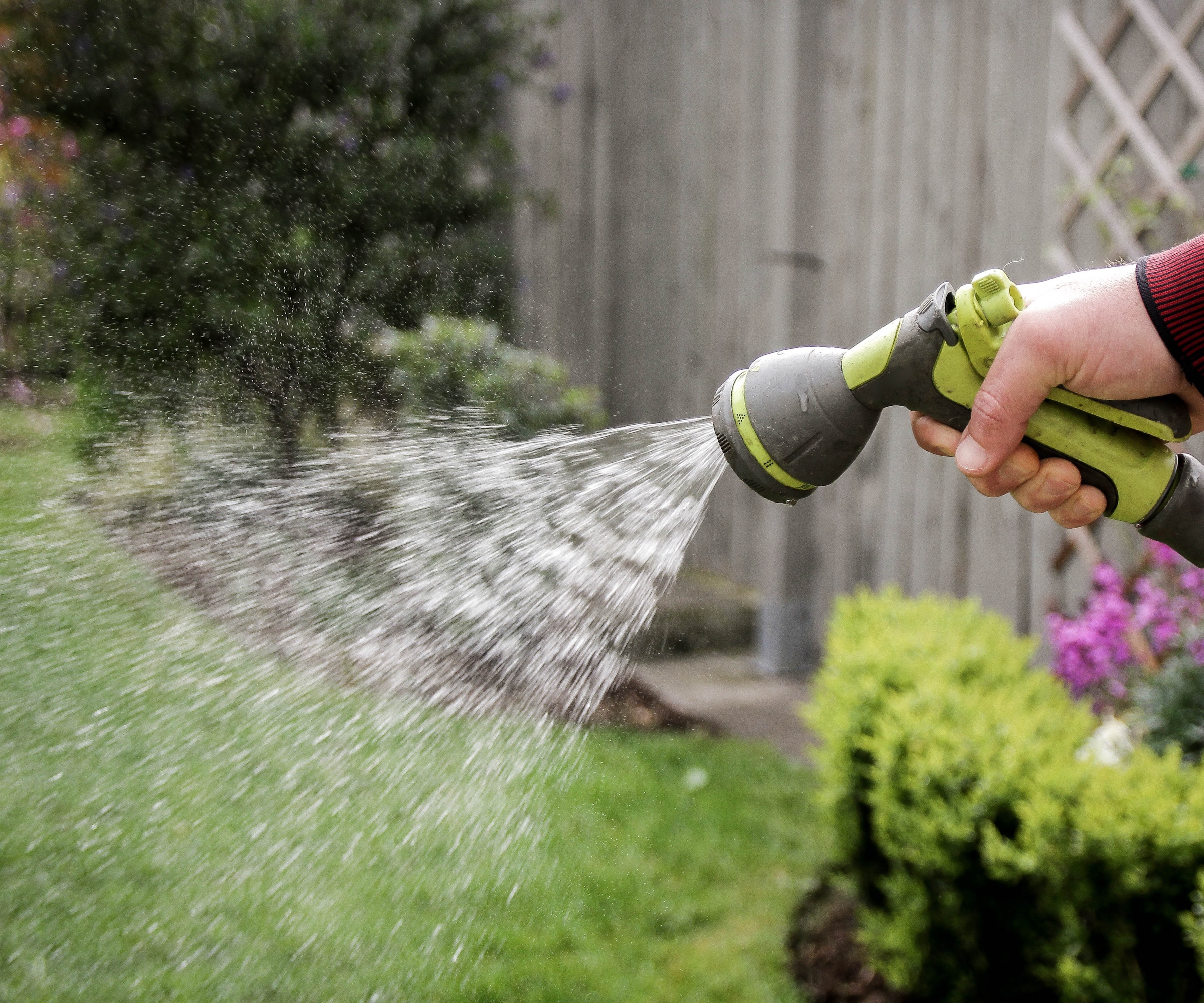
There are few watering problems as annoying and frustrating as a hose stuck on a faucet. What used to be a simple task - unscrewing your hose - suddenly feels completely impossible.
Before you give up, know there are some simple solutions to this problem.
I spoke to a licensed building contractor about the best way to tackle this problem and fix your hose. He gave me some simple and cheap fixes that should easily free your faucet.
Why is my hose stuck on the faucet?

There are several reasons why your hose might be stuck on the faucet. Two of them are simple to understand. Sometimes a build-up of dirt and debris causes friction on the thread between the hose and makes it tough to turn.
The other is that you may have simply over-tightened the hose connector and need a little extra leverage to remove it from the faucet.
The other common reason is a little trickier, and it's to do with a chemical reaction. Licensed building contractor Yaeir Moinzadeh told me that 'When aluminum hose ends are used with brass spigots, the hose can get stuck. It is happening due to galvanic corrosion, in which metals which are not similar react and fuse together.'
This effect is worse if you live somewhere with high humidity, as this speeds up the reaction - it can even happen within a few months.
How do I unstick my hose from the faucet?
Thankfully, the methods for fixing this are the same the same no matter the problem. In the first instance, try to unstick the hose and faucet.
Yaeir says to 'apply oil like PB Blaster, available at Walmart, or WD-40, available at Amazon, and let them sit for a while. Then take two wrenches, and hold the faucet steady with one wrench and turn the hose with another.' It's best to use an extra-long wrench like this from Home Depot - sometimes the problem is as simple as a lack of proper leverage.
This method will usually work, but if not, you have some other options. One is to use a cheap torch like this from Amazon or a heat gun like this from Home Depot. Yaeir says that this 'will expand the metal and break the connections easily.'
Your final option is less subtle but very effective. Yaeir told me that you can use a hacksaw or an oscillating multitool to saw between the bolts and remove the hose without entirely removing the thread on the faucet.
How do you stop it from happening in the future?

Avoiding this problem in the future is pretty straightforward. Yaeir says all you need to do is to 'avoid using aluminum hose ends in the future. Instead, choose a brass or plastic one.'
If this isn't possible, he has some other tips. The most obvious is to disconnect your hose before winter, as this is when most corrosion occurs. He also told me that you can 'apply food-grade grease or Vaseline to the threads before attaching it to the hose.'
On top of that, 'wrapping the threads in Teflon tape, available at Amazon, will help in insulation and keeping it safe from galvanic corrosion. It will act as a barrier between dissimilar metals.'
FAQs
Does hard water make your hose get stuck?
Hard water can calcify and make your hose get stuck to the faucet, but it's an easier problem to fix than corrosion.
For more help with watering in your yard, take a look at our guides to watering mistakes, and our explainer of deep watering.







